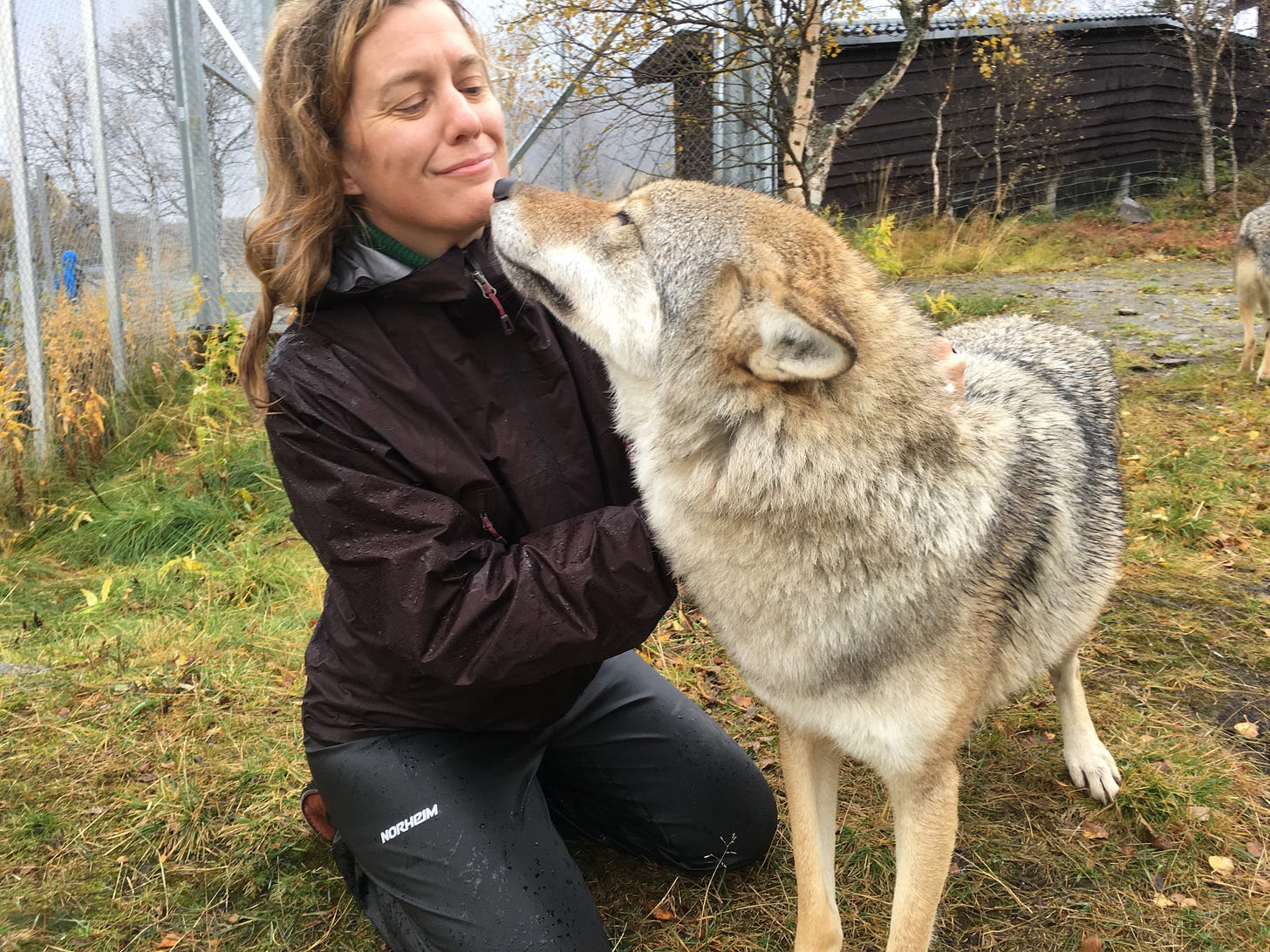This bonus newsletter is a monthly feature for paid subscribers. This one completes a year’s worth of interviews, the twelfth in the series! These extras showcase edited interviews with someone whose work intersects in some way with this newsletter’s focus—place, history, writing. I hope you enjoy this one and those to come.
Introduction
Many years ago I encountered the work of Michelle Nijhuis, one of the most prolific science journalists working today. I first read her in High Country News where she has had a long, productive relationship. Her work focuses on conservation and climate, but those labels undersell the breadth and depth of her reporting which can be found in some of the best magazines around, including The Atlantic, National Geographic, and The New Yorker.
Nijhuis’s most recent book is the award-winning Beloved Beasts: Fighting for Life in an Age of Extinction, a terrific and eye-opening history of conservation. Before that she was involved in editing and writing two companion books about science writing that I found invaluable years ago when I began writing for less academic audiences, The Science Writers’ Handbook and The Science Writers’ Essay Handbook. Those books especially demonstrate her generosity and mentorship to other writers. That generosity extended to me when she endorsed my book Making America’s Public Lands and participated in an online conversation about the book through the National Archives. I think you will see below that generosity and her deep insight about our world in the conversation below (which has been lightly edited for brevity and clarity).
You can find her collected stories here and follow her new Substack, .

Adam Sowards
Who are you, and how do you describe your work?
Michelle Nijhuis
I'm a writer and an editor, and I report and write mostly about conservation and climate. But I think of those issues as being intertwined with everything else on Earth, and I try to focus on those connections—on the ways that conservation is not just a niche concern of a core of committed environmentalists but something that affects all of us and should concern all of us.
Same thing with climate. I think that's increasingly obvious to those of us who are experiencing the effects of climate change every day. But conservation is a less obvious concern to many people, so one of my missions is to show that, in many ways, it is just as urgent as the challenge of climate change.
Adam
How has your career evolved to reach this focus on conservation and climate?
Michelle
I’ve been a journalist, and a science journalist primarily, since 1998.
One of my first big projects on climate change was in the early 2000s when I wrote a series of stories for High Country News about the emerging effects of climate change on the US West, including things that scientists were just beginning to acknowledge were connected to climate change, or at least mirrored patterns that they would expect to see under climate change.
These things are now extremely well established as being, at least partially, connected to climate change, such as bark beetle attacks in conifer forests, the rising snow line in the Cascade Mountains, and the fact that many ranges of small mammals are retreating uphill.
Bringing those kinds of visible changes to the attention of readers was sobering work, but also very satisfying. I was able to bring this abstract idea—then quite an abstract idea to most people on Earth—of climate change down to: “Here's what we can expect in our region. More fires. More dead forests. Less snow. Earlier springs.” All of those things are now affecting our everyday lives and our livelihoods.
During my career, I’ve gone from reporting on something that was quite theoretical to something that is, unfortunately, all too tangible, all too literal to most of my readers. Sadly, that makes it easier to connect with readers. They’re eager for information.
But it's also a sign of how I, and other journalists, have in some ways failed. We have failed to communicate the urgency, I think, and that's not to place all the blame on us, but we did not play the part we hoped to when there was more time to act.
During my career, I’ve gone from reporting on something that was quite theoretical to something that is, unfortunately, all too tangible, all too literal to most of my readers.
Adam
That's big! What does that say about the obstacles that journalists face?
Keep reading with a 7-day free trial
Subscribe to Taking Bearings to keep reading this post and get 7 days of free access to the full post archives.



